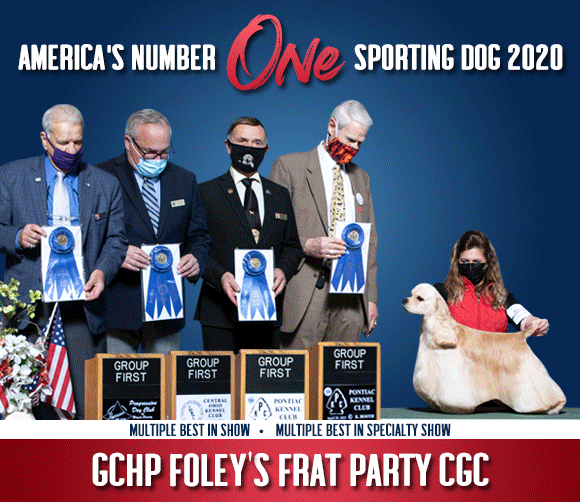Morris Animal Foundation Partners with Loyal to Study Dogs’ Genetic Changes that Occur as They Age
 In an effort to improve canine health and longevity, Morris Animal Foundation, a nonprofit leader in advancing animal health, is partnering with Loyal, a biotech startup devoted to developing medicines intended to treat the underlying causes of aging in dogs.
In an effort to improve canine health and longevity, Morris Animal Foundation, a nonprofit leader in advancing animal health, is partnering with Loyal, a biotech startup devoted to developing medicines intended to treat the underlying causes of aging in dogs.
Cellular Longevity, Inc., dba Loyal, will study epigenetic changes in canine DNA using samples from the Foundation’s Golden Retriever Lifetime Study, investigating how various biomarkers change throughout life and can be predictive of future health outcomes, including cancer.
“Loyal’s focus on better understanding the canine aging process and underlying biomarkers aligns with our efforts to give dogs longer, healthier lives,” said Dr. Janet Patterson-Kane, Chief Scientific Officer at Morris Animal Foundation. “We are excited to work with them and look forward to sharing data from our Golden Retriever Lifetime Study, adding to the scientific findings of this impactful initiative.”
The Loyal study will attempt to discern differences in DNA between dogs that developed cancer and dogs that did not. Loyal will analyze DNA from blood samples, collected over nine sequential years, from healthy golden retrievers and golden retrievers that developed lymphoma or hemangiosarcoma, two of the most common lethal cancers goldens incur with age. Efforts will be made to use samples of dogs in each group that were of the same starting age at enrollment and are of the same sex, reproductive status and geographical location.
“The dogs in the Golden Retriever Lifetime Study offer us a unique opportunity to investigate how various biomarkers change throughout life and might be predictive or causal of their future lifespan and healthspan,” said Celine Halioua, Founder & CEO of Loyal. “If we can discover the beginnings of a pattern, maybe there is a way to watch for certain changes in a dog’s DNA before cancer happens. What we find could provide clues to prevention, early diagnostics, as well as paths to novel drug development for aging and age-related cancers.”
Loyal’s team will focus on patterns of DNA methylation in the samples. This is a process where methyl groups are added to a segment of an organism’s DNA, which in turn can alter the function of the encoded genes. Previous studies have demonstrated certain methylation patterns correlate with age and can predict age-related diseases, such as cancer. It is hypothesized that aging drugs may improve or prevent age-related methylation changes.
Researchers will statistically analyze and compare methylation patterns between healthy dogs and those that developed cancer. The team will try to identify specific patterns that could predict the onset of cancer and try to determine when these changes first arise.
Halioua anticipates that once the Loyal team uncovers patterns of interest, they will expand their study to examine a larger number of samples to validate and determine the significance of their preliminary findings.
The Golden Retriever Lifetime Study is one of the largest studies of its kind ever undertaken in veterinary medicine. Its purpose is to identify the nutritional, environmental, lifestyle and genetic risk factors for cancer and other diseases in dogs. Each year, with the help of veterinarians and dog owners, the Foundation collects health, environmental and behavioral data on more than 3,000 enrolled golden retrievers.
Short URL: http://caninechronicle.com/?p=204093
Comments are closed












